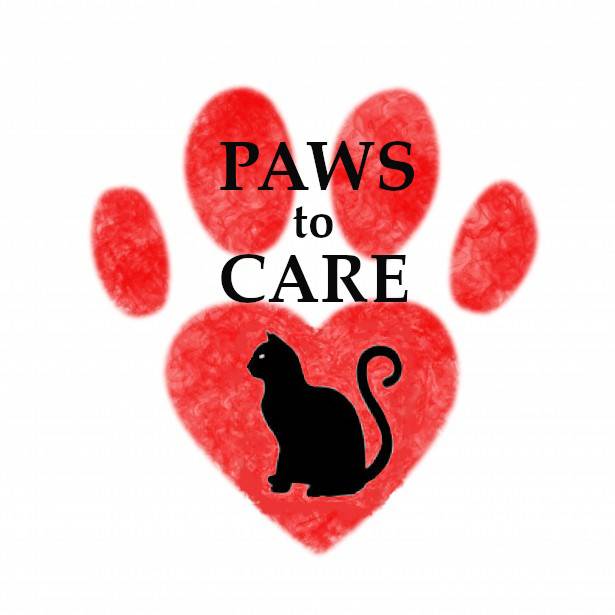
Paws to Care
Austin Peay is home to more than 15 feral cats and kittens. Feral cats have had very little contact with humans; they typically are born to stray cats or are stray cats that have reverted to feral behavior. From living in the wild, feral cats are more susceptible to feline leukemia, rabies, and FIV (Feline Immunodeficiency Virus). Also, as they have never been spayed or neutered, feral cats reproduce at an exponential rate that easily can increase a population from 12 to 2,000 in four years!
Paws to Care seeks to help the feral cats that reside on APSU's campus by transforming individuals' kindness into organized care. To make a donation to Paws to Care, follow this link. Even $5 helps. However, a group, organization, or club with more resources can participate in the Adopt-a-Cat program. For $300, you can provide one feral cat with vaccinations, a spay/neuter procedure, and food for one year.
Be Careful!
Please do not attempt to pet, touch, or hold the feral cats as they may scratch or bite. Because they have had very little or no human contact, feral cats easily can become scared and mistrustful of humans trying to get too close. Do not attempt to bring any of the cats into residence halls or other buildings on campus.
Protect and Provide
Although Paws to Care is taking certain steps to care for the feral cats, its central focus is not on adoption, but rather on animal rescue and human health. To stabilize the feral cat population and maintain a healthy environment for the faculty, staff, and students of Austin Peay, Paws to Care wants to take the following steps:
1. Feed the cats at designated feeding stations
2. Capture the cats
3. Test the cats for feline leukemia and FIV
4. Treat the cats for fleas and worms
5. Inoculate the cats for rabies
6. Spay or neuter the cats
7. Clip the cats’ left ears for identification
8. Release the cats back on campus and adopt out the kittens
Why We Care
One might wonder why Paws to Care does not remove and relocate the cats. Other college campuses, like Auburn University and Texas A & M University, have dealt with the issue of feral cat colonies and provided insights into the process. A stable cat colony is territorial and will prevent other cats from taking up residence. When a colony is removed, other cats replace the colony and quickly reproduce. A humane trap-spay/neuter-return program will prevent new cat colonies from populating the campus and the current colony from growing. Faculty and staff volunteers then can care for the cats under the advice and assistance of local veterinarians.
Updates and current information can be found at:
https://www.facebook.com/APSUPawstoCare